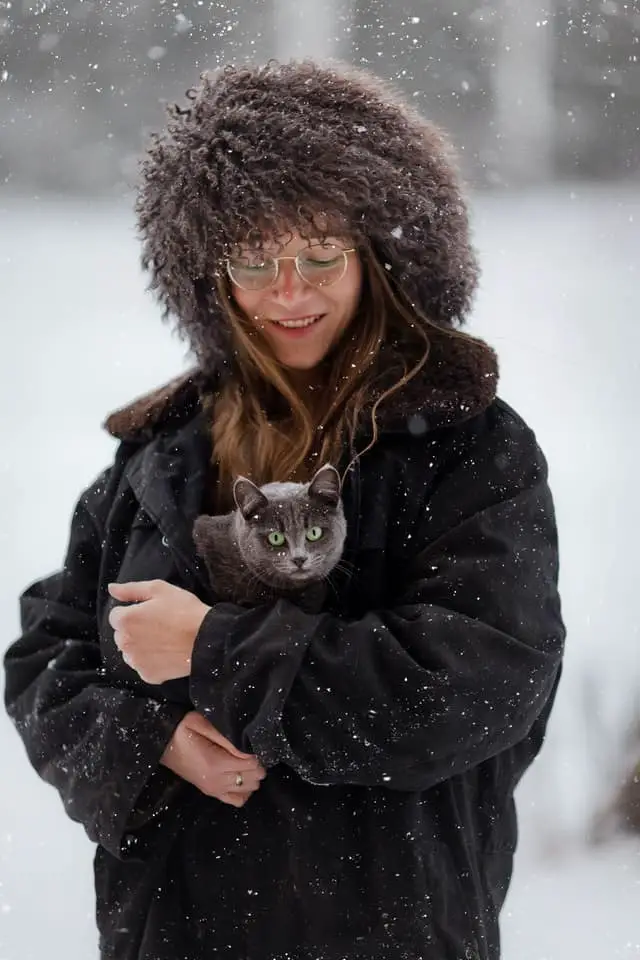
Since the temperatures have cooled, your cat seems to be sleeping more than usual (if that’s possible). It no longer has as much enthusiasm for playing or going out for a walk… What if it was because winter is here and their “hibernation mode” has been activated? Answer!
What is hibernation?
In winter, we often hear that certain animals hibernate until the return of fine weather. This is particularly the case of hedgehogs, bears or marmots. But what does that mean? That they spend 4 months sleeping? Well yes!
In reality, if hibernating animals spend the entire cold season sleeping in their cave or burrow, it is not for the pleasure of staying in bed during the long winter months. It’s actually a matter of survival. Indeed, unlike other animals, their body does not produce enough heat to allow them to face negative temperatures.
However, the fact of entering hibernation forces them to slow down their metabolism and therefore to reduce their body temperature, their heart rate or their breathing rate. The goal? Consume as little energy as possible to warm up! This way they can survive the winter without a problem.
Provided, however, that you have made fat reserves beforehand, of course. And for good reason, the fact of entering a deep lethargy in this way is also a way of escaping hunger. Indeed, when temperatures drop, food becomes scarcer…
And the cats in all this?
From the definition of the term “hibernation”, it seems obvious that cats do not hibernate. Indeed, unlike hibernating animals, they do not go into a deep sleep and remain more or less active throughout the winter. Not to mention that they sleep a lot, 15 to 20 hours a day, whatever the season. Note that we are talking here about domestic cats but also wild cats.
Their body is also made to face the winter since, in the fall, most cats moult. Their summer coat falls and gives way to their winter coat, which is thicker and therefore more insulating.
But then, you will ask me, why are our feline friends less active in winter if they do not hibernate? Quite simply because, like you, the cold encourages them to stay warm! Indeed, cats are not so different from us and the cold as well as the lack of light have a negative effect on their energy but also on their morale.
This may therefore explain why your cat enters this kind of torpor as soon as winter arrives. However, be careful, this behavior can also be a sign of an illness. In fact, if you observe any other unusual symptom, in addition to great fatigue, do not hesitate to consult a veterinarian.
How to help your cat during the winter?

If you notice that your cat is spending more time sleeping, you definitely need to get them some exercise every day. And for good reason, winter is often the time of year when cats gain the most weight. And, unfortunately, they do not always lose it in the summer. Obesity, and the diseases associated with it, is the most common cause of death in cats. So be vigilant!
Likewise, continuing to physically and intellectually stimulate your hairball will help prevent the winter blues. Here again, the danger is very present since most cats who suffer from depression die from it…
Good to know: if your cat is young, old or sick, or if it does not have a lot of hair, be sure tobring them some heat, especially during their moments of rest. To do this, do not hesitate to use a heating pad, a hot water bottle or even to put a little sweater on it!






